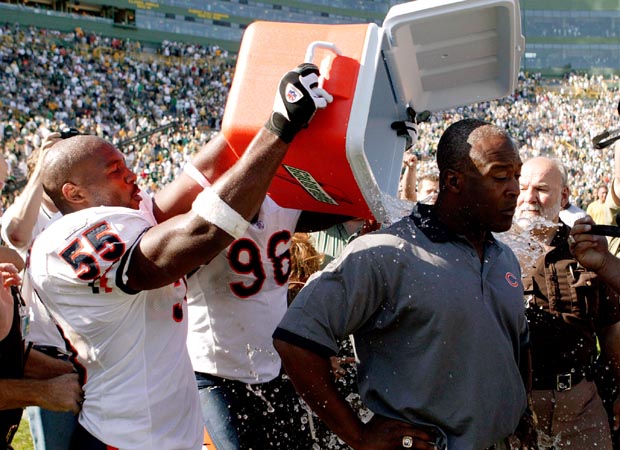

Paul Hull was once the director of rugby at Bristol, while former England full-back Jason Robinson briefly occupied the head coaching role at Sale.
But Osborne stands alone again – as he has throughout most of his time at Quins since first hooking up as Stoop backs coach in 1990.
That may come as a surprise to some, given the rich history of black players representing Premiership clubs and England.
For Osborne, however, it simply reflects a British society that is still playing catch-up over the issue of ethnic balance.
Asked why he feels there are so few black coaches in rugby generally, Osborne, who emigrated with his family to England from St Kitts in the mid-Sixties, told The Rugby Paper: “After 40-plus years in this country you just take it as how it is.
“How many people have actually played rugby? Rugby itself is not a mass participation sport in this country, it’s still small compared to soccer. Accessibility is better now, but I bet Chris Robshaw could still walk down Brixton High Street unrecognised.
“From my research, around 25 per cent of professional soccer players are from black and ethnic backgrounds. In rugby, not including Pacific islanders, who are not reflective of English society, it’s around just five per cent.
“At Quins, Kyle Sinckler and Darryl Marfo came through state schools and the Surrey squads, so the RFU, to its credit, has created more pathways into professional rugby.
“But there’s still not the critical mass required to produce more coaches.
“It reflects society and you can look across all professions. How many black directors are there in Britain’s top 20 companies? Not many, I’ll bet.
“It’s a societal issue. Should that be addressed? Yes. But how we address it is the big question.”
In 2003, America’s NFL introduced ‘Rooney’s Rule,’ led by Dan Rooney, owner of the Pittsburgh Steelers and chairman of the league’s diversity committee.
It sought to address a paucity of black coaches and ensured that for every coaching vacancy in NFL, at least one African American or minority coach would be interviewed. Since then, no fewer than 13 coaches from minority groups have earned head coaching roles in NFL, with four – Lovie Smith, Ron Rivera, Jim Caldwell and Mike Tomlin – steering their sides to Super Bowl finals.
Osborne believes ‘Rooney’s Rule’ could work in English rugby.
He explained: “There was a hue and cry in America, initially, but what it did was give an opportunity for people to be seen. They might get knocked back, but it would give them a chance of being short-listed for the next job.
“It’s difficult because of the debate about ‘affirmative action’, but if you never interview them (black coaches), you never know how good they are. At least let them through the door for a chat.
“If there’s a paucity of black people playing, then the chances of people going into coaching or administration are diminished.
“But soccer has many black players but only two black managers between 92 clubs – Chris Hughton (Norwich) and Chris Powell (Charlton).
“There’s no straightforward answer because of the society we have. People tend to ‘group-think’ and you tend to associate with people like you because it makes you feel more comfortable.
“Sport is no different. If people in the boardrooms are all of the same age, from similar backgrounds and share the same thought-processes, they’ll invariably want someone like them.
“It’s not a surprise that there are so few black coaches, but how do you break that? There has to be an intervention.”
Osborne believes more can be done in inner cities, adding: “I’m aware of the RFU coaching going on but you need to create a critical mass within the playing ranks to have a game truly representative of society, not a game that merely white people play.
“There’s still a perception rugby’s a game ‘posh’ people play. That needs to be broken down. Initiatives are going on, but are they publicised enough? Probably not.”
NEALE HARVEY
Related TopicsHarlequins

Click to comment

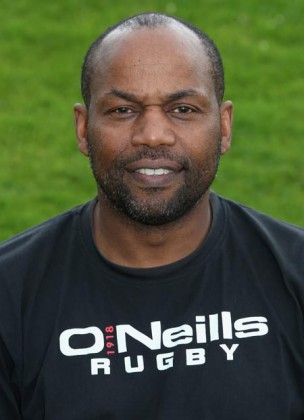







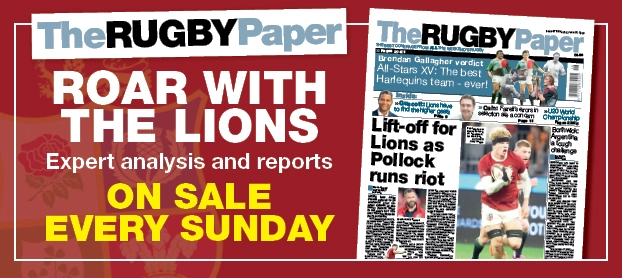













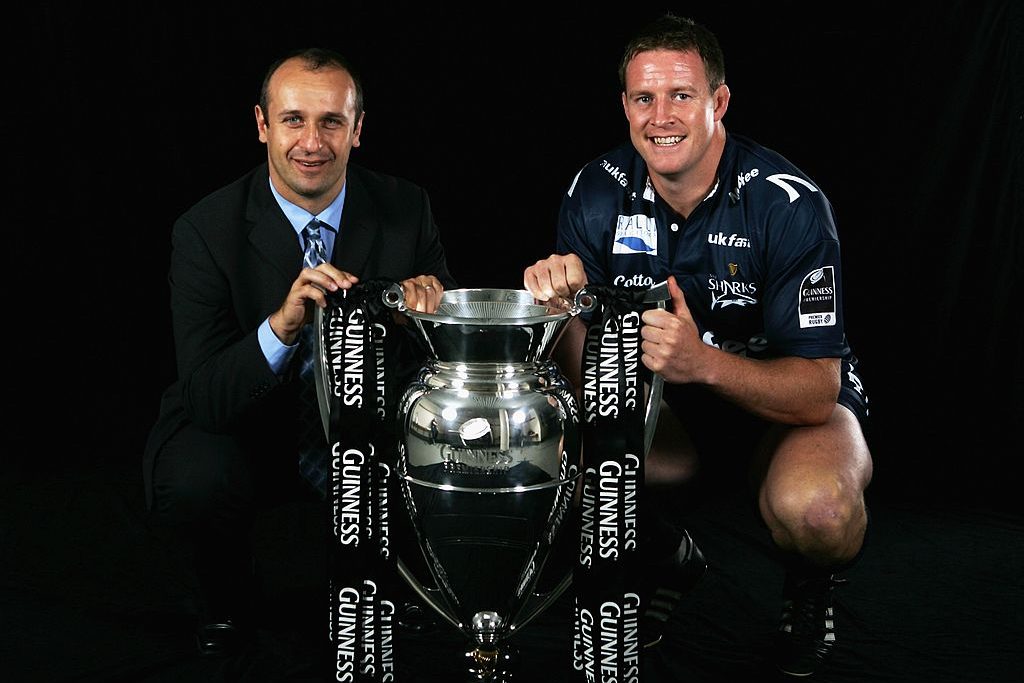
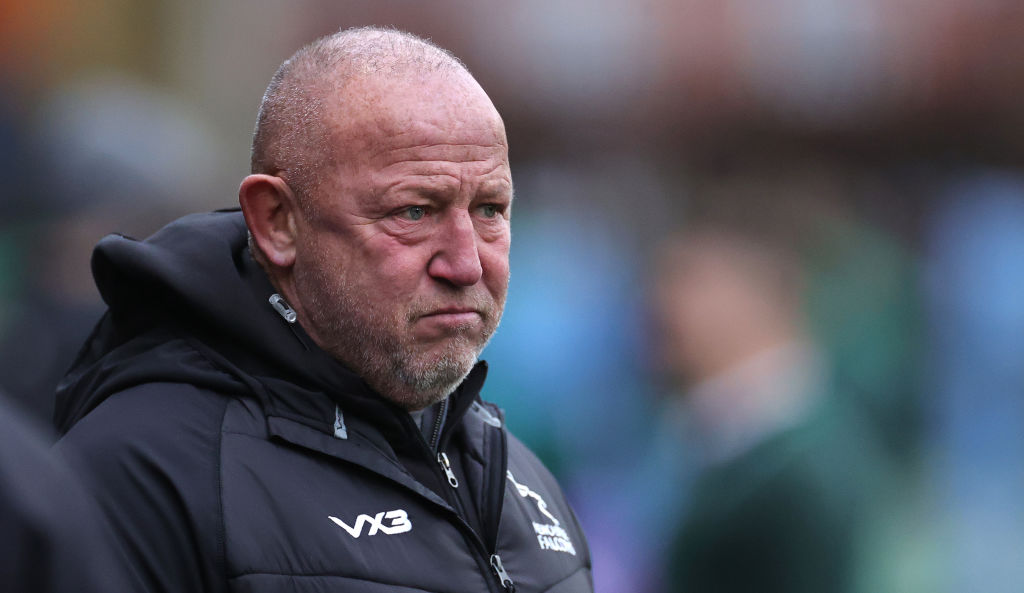
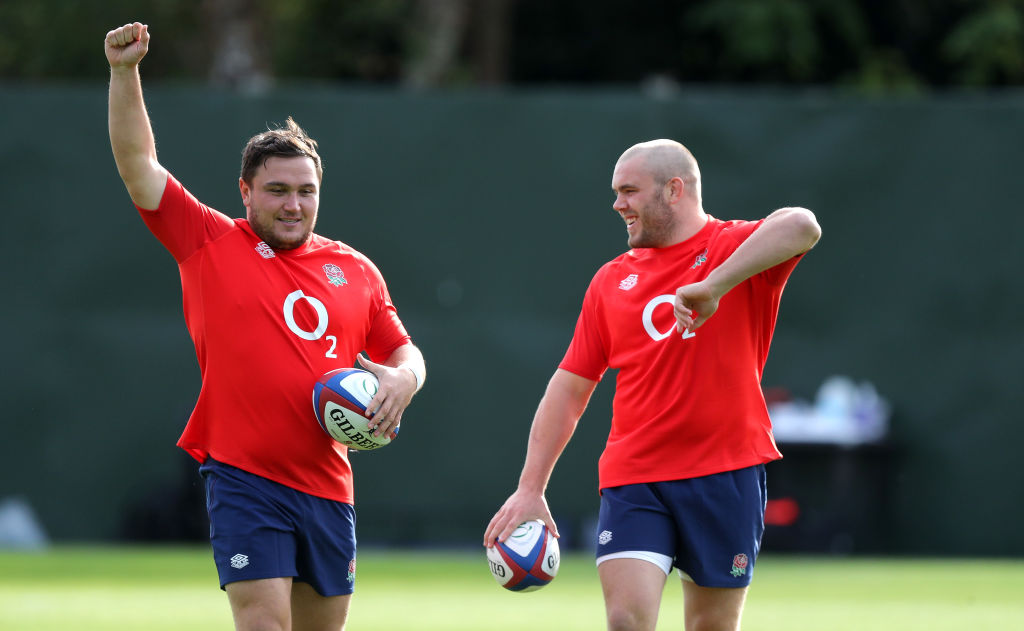
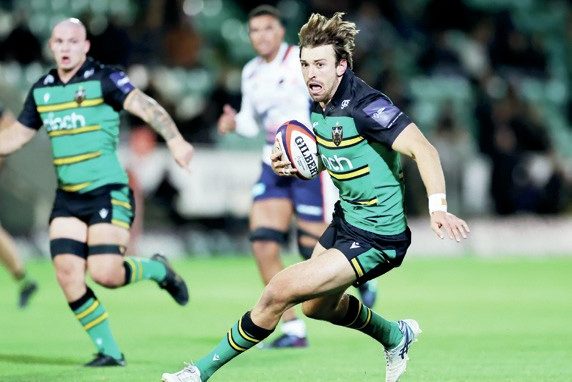


You must be logged in to post a comment Login